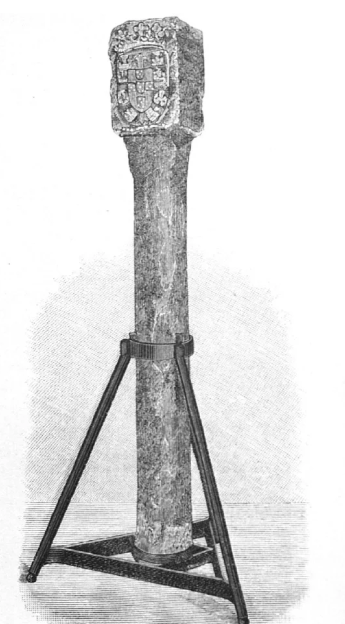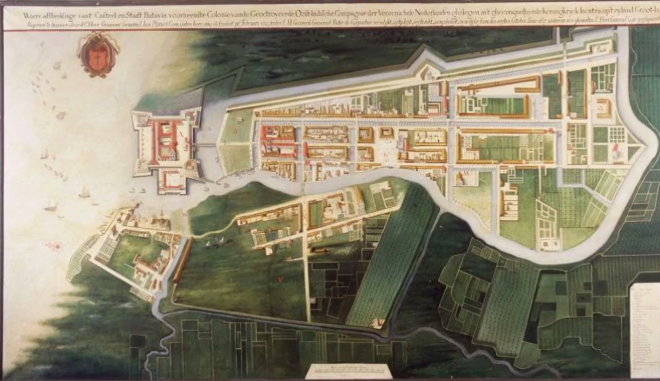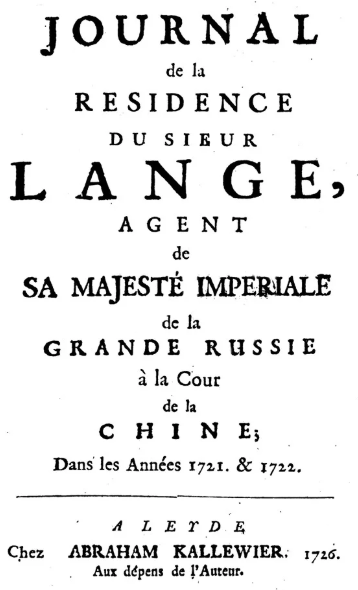- Joined
- Aug 8, 2008
- Messages
- 28,872
- Points
- 113
https://asia.nikkei.com/Economy/China-s-Greater-Bay-threatens-Singapore-s-finance-and-tech-status
China's 'Greater Bay' threatens Singapore's finance and tech status
Analysts see huge Hong Kong-Macao project siphoning business away from city-state
JUSTINA LEE, Nikkei staff writer March 04, 2019 06:35 JST

To stay competitive and become a "smart" city, Singapore has been investing in emerging digital technologies across various industries.
SINGAPORE -- China's ambitious Greater Bay Area project encompassing Hong Kong, Macao and nine cities in Guangdong could threaten Singapore's standing as a hub for finance and technology.
Earlier this month, Chinese authorities unveiled their plans for the vast area, which boasts a population of 71 million and an estimated gross domestic product of $1.64 trillion.
Although a concrete road map for developing the Greater Bay Area has yet to be made, the unveiling was a crucial step forward in Beijing's efforts to quell rising protectionism around the world and spark a slowing economy at home.
According to economists, the project could eventually overshadow Singapore.
Lawrence Loh, director of the Centre for Governance, Institutions and Organisations at NUS Business School, noted that the huge project "will definitely" have an impact on Singapore.
"The geoeconomics of the new Chinese development will be formidable in its scale and scope, [creating] synergies across many industries and markets," he said. Loh added that the Greater Bay Area is also "a much bigger region," with 12 times Singapore's population and almost five times its GDP.
"The main challenge for Singapore will be specifically in the finance sector and -- more broadly -- in its location as a business hub," Loh noted.
Tommy Xie, head of Greater China Research at OCBC Bank, said that Hong Kong will be the first to benefit from the project. Strengthening Hong Kong's role as a global financial center and magnet for investment by China "may pose some immediate challenges to Singapore," he said.
Still, rather than being put off, some Singapore companies see potential in the huge area. Lucas Loh, president of China & Investment Management at Capitaland Group, said the core growth engines, Guangzhou and Shenzhen, in the Greater Bay Area "are also part of [the company's] core city clusters in China."
Capitaland has been ramping up its presence in Guangzhou over the past year, acquiring two residential sites in Zengcheng District and a mixed-use site in Guangzhou Science City, which Loh says is "a key component of China's plans to turn the Greater Bay Area from a strong manufacturing base into a science and technology hub."

Shenzhen will form an important part of China's Greater Bay Area. © AP
However, not all analysts think the project will damage Singapore. "Hong Kong and Singapore are global cities which tap worldwide talent pools and financial markets, so the Greater Bay Area does not really represent a marked shift in the competitive dynamic between the two," said Duncan Innes-Ker of The Economist.
Innes-Ker thinks the city-state can mitigate some effects of the project by reducing barriers that prevent Singapore-based companies from operating in Southeast Asia. "ASEAN's economies are expected to expand rapidly," he said. "This should provide many opportunities for financial and professional service providers based in Singapore.
To boost competitiveness, Singapore has been increasing efforts to transform itself into a "smart" nation by investing in emerging digital technologies across various industries. In fintech alone, investments in 2018 more than doubled to $365 million from a year ago, according to a recent report by Accenture.
Singapore is also working on fifth-generation, or 5G, technologies. In January, Singapore Telecommunications, Ericsson and Singapore Polytechnic launched the nation's first 5G training and testing center. The partners will use the facility to develop applications for transportation, logistics, health care, manufacturing and other industries.
China's 'Greater Bay' threatens Singapore's finance and tech status
Analysts see huge Hong Kong-Macao project siphoning business away from city-state
JUSTINA LEE, Nikkei staff writer March 04, 2019 06:35 JST
To stay competitive and become a "smart" city, Singapore has been investing in emerging digital technologies across various industries.
SINGAPORE -- China's ambitious Greater Bay Area project encompassing Hong Kong, Macao and nine cities in Guangdong could threaten Singapore's standing as a hub for finance and technology.
Earlier this month, Chinese authorities unveiled their plans for the vast area, which boasts a population of 71 million and an estimated gross domestic product of $1.64 trillion.
Although a concrete road map for developing the Greater Bay Area has yet to be made, the unveiling was a crucial step forward in Beijing's efforts to quell rising protectionism around the world and spark a slowing economy at home.
According to economists, the project could eventually overshadow Singapore.
Lawrence Loh, director of the Centre for Governance, Institutions and Organisations at NUS Business School, noted that the huge project "will definitely" have an impact on Singapore.
"The geoeconomics of the new Chinese development will be formidable in its scale and scope, [creating] synergies across many industries and markets," he said. Loh added that the Greater Bay Area is also "a much bigger region," with 12 times Singapore's population and almost five times its GDP.
"The main challenge for Singapore will be specifically in the finance sector and -- more broadly -- in its location as a business hub," Loh noted.
Tommy Xie, head of Greater China Research at OCBC Bank, said that Hong Kong will be the first to benefit from the project. Strengthening Hong Kong's role as a global financial center and magnet for investment by China "may pose some immediate challenges to Singapore," he said.
Still, rather than being put off, some Singapore companies see potential in the huge area. Lucas Loh, president of China & Investment Management at Capitaland Group, said the core growth engines, Guangzhou and Shenzhen, in the Greater Bay Area "are also part of [the company's] core city clusters in China."
Capitaland has been ramping up its presence in Guangzhou over the past year, acquiring two residential sites in Zengcheng District and a mixed-use site in Guangzhou Science City, which Loh says is "a key component of China's plans to turn the Greater Bay Area from a strong manufacturing base into a science and technology hub."
Shenzhen will form an important part of China's Greater Bay Area. © AP
However, not all analysts think the project will damage Singapore. "Hong Kong and Singapore are global cities which tap worldwide talent pools and financial markets, so the Greater Bay Area does not really represent a marked shift in the competitive dynamic between the two," said Duncan Innes-Ker of The Economist.
Innes-Ker thinks the city-state can mitigate some effects of the project by reducing barriers that prevent Singapore-based companies from operating in Southeast Asia. "ASEAN's economies are expected to expand rapidly," he said. "This should provide many opportunities for financial and professional service providers based in Singapore.
To boost competitiveness, Singapore has been increasing efforts to transform itself into a "smart" nation by investing in emerging digital technologies across various industries. In fintech alone, investments in 2018 more than doubled to $365 million from a year ago, according to a recent report by Accenture.
Singapore is also working on fifth-generation, or 5G, technologies. In January, Singapore Telecommunications, Ericsson and Singapore Polytechnic launched the nation's first 5G training and testing center. The partners will use the facility to develop applications for transportation, logistics, health care, manufacturing and other industries.












